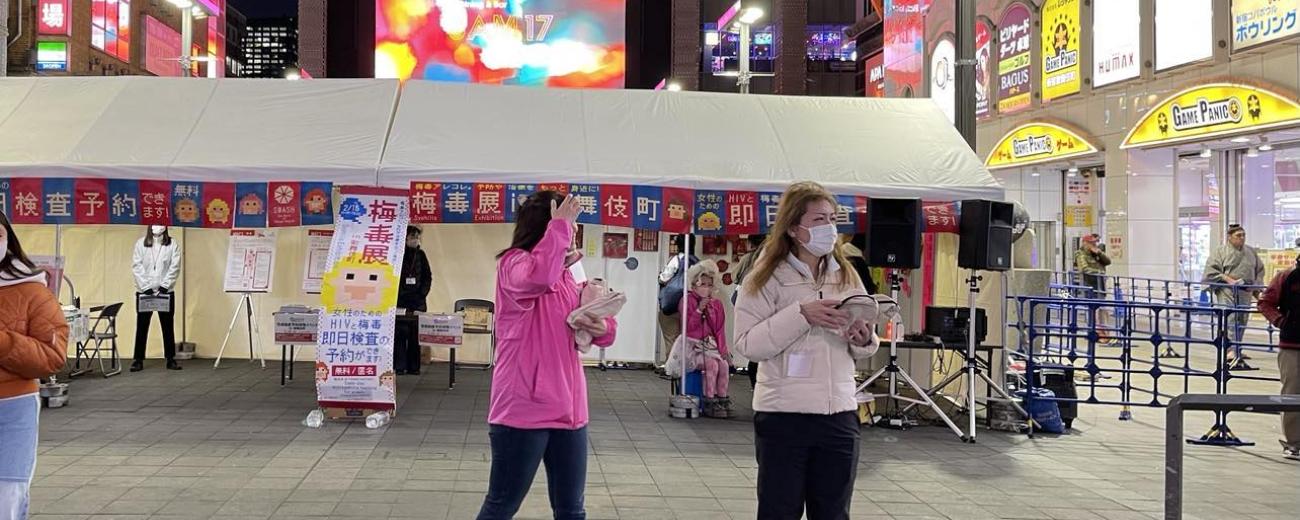
Ethics of care in sex work research: reflecting on scholar-activist collaborations

Key information
- Date
- Time
-
3:00 pm to 5:00 pm
- Venue
- Russell Square: College Buildings
- Room
- Khalili Lecture Theatre (KLT)
About this event
This event will rethink difficult ethical questions in sex work research, including how research can benefit sex workers, what the significance of research by non-sex workers is, and how to think about the representation of sex workers in research/activism.
Researchers and SWASH (Sex Worker and Sexual Health) members will discuss the challenges and joys of collaborative research by reflecting on their experiences in the Philippines and Japan. SWASH is a Japanese sex worker rights organisation that aims to improve the health and safety of sex workers. Its members give lectures at universities and symposiums. SWASH co-authored the book Sex Work Studies (Nippon Hyron sha, 2018).
About the speakers
- Dr Sharmila Parmanand is an Assistant Professor in Gender, Development and Globalisation at LSE. She engages in collaborative research on sex work, anti-trafficking, migration, and related issues with the Philippine Sex Workers Collective.
- Yukiko Kaname is a board member of SWASH (Sex Work and Sexual Health), APNSW (Asia Pacific Network of Sex Workers), and NSWP (The Global Network of Sex Work Projects). She is interested in the relationship between the sex worker movement, sex worker identity, and intersectionality.
- Gaymakimaki is an actress, performer, and former sex worker. She is the current president of SWASH. She has been involved in raising awareness for STI prevention.
- Lily Miyata is a researcher and community organiser whose main goal is to promote the sexual health of transgender people and sex workers. She was awarded ECC Yamaguchi Memorial AIDS Research Award at the annual meeting of the Japanese Society for AIDS Research in 2023.
- Chihiro Toya is a PhD student in Social Anthropology at SOAS. Her current research project involves co-filmmaking with SWASH members to contest stigmatising images of Japanese sex workers.
This event is supported by the JSPS KAKEN Grant No. 18KK0056 and 23H00059 on Global Sex Work and Trafficking (PI: Kaoru Aoyama).
- Organiser: SOAS Japan Research Centre
- Contact email: centres@soas.ac.uk






